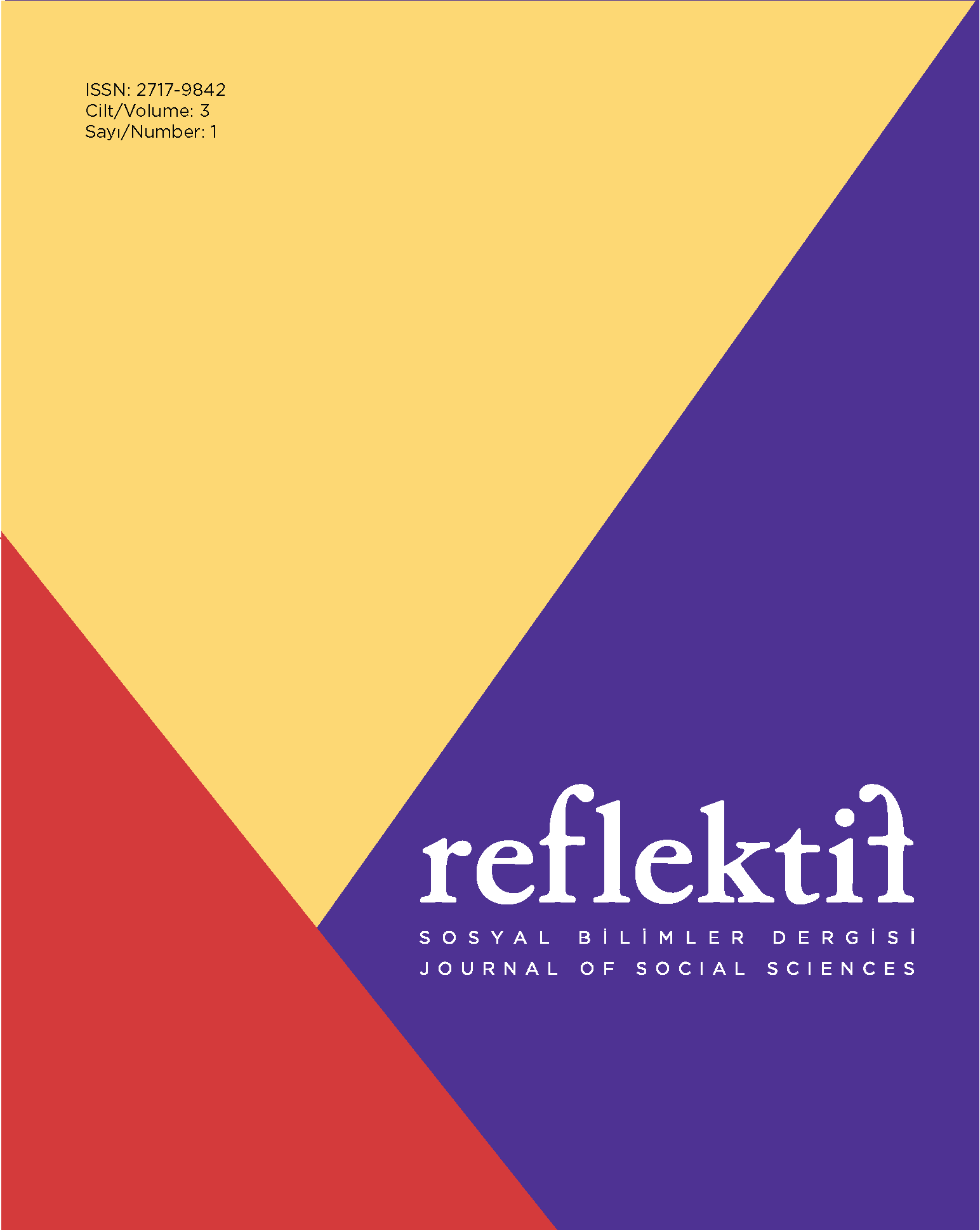(Re)presentation of the Refugee as a ‘Victim’: Ethical Framing and Rights-Based Analysis
DOI:
https://doi.org/10.47613/reflektif.2022.57Keywords:
ethics, rights, media, representation, refugeeAbstract
In this study, I offer an ethics-based framing to investigate the (re)presentations of vulnerable individuals or groups (e.g. non-establishment migrants or asylum seekers) taking the asylum seekers as a case in point. In the first part, I make some suggestions about how different ethical perspectives can be incorporated into analyzing news items or discussions, and their framing of asylum seekers. In the second part, I highlight the motivations behind such an ethical framing. Arguably, (re)presentations of vulnerable groups bring about the promise of a global or cosmopolitan awareness towards our moral and political responsibilities towards the groups in question. As the distant other, we are supposed to gain an insight into someone else’s pain and realize our own responsibilities. However, there is also a scepticism towards victimization of vulnerable groups (e.g. asylum seekers) through which one’s agency might be reduced to being a mere ‘receiver’ while one’s unique life stories, agency, rights and our correlative responsibilities are not recognized. It is merely an assumption that the covering of the suffering of the other will bring about a cosmopolitan perception of our responsibilities. To that end, I highlight the normative importance of right-based framing rather than representing certain vulnerable individuals as mere aid-receivers. Such a normative background is also of importance while analyzing how individuals make sense of their own positions towards themselves and towards ‘the other’ in the context of ethically-charged issues as such.
Downloads
Published
How to Cite
Issue
Section
License
Copyright (c) 2022 Yusuf Yüksekdağ

This work is licensed under a Creative Commons Attribution-ShareAlike 4.0 International License.
All manuscripts which are submitted to the REFLEKTIF Journal of Social Sciences should not be published, accepted and submitted for publication elsewhere.
In case an article is accepted for publication it is allowed to combine the article with other researches, to conduct a new research on the article or to make different arrangements on condition that the same license is used including the commercial purpose.
As an author of an article published in REFLEKTIF Journal of Social Sciences you retain the copyright of your article and you are free to reproduce and disseminate your work.




